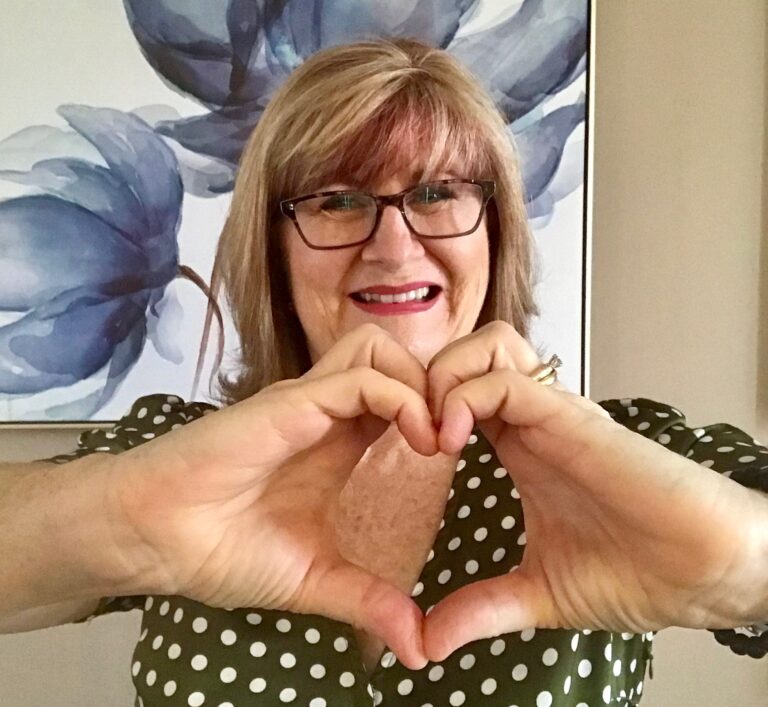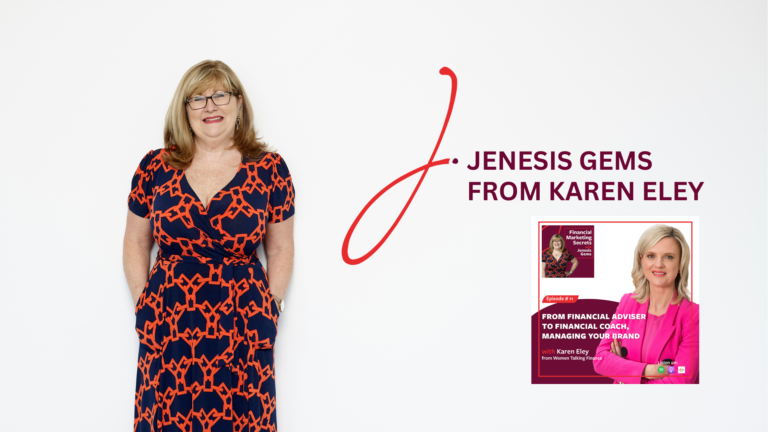Influenced or Influencer, which one are you?
In an era of big data and a constant stream of information we are being influenced in how we feel, what we do and who we trust each day. If there is a demand for a product or service there are people who are willing to sell it to us.
Has the marketplace changed?
For as long as I can remember there has been a steady stream of recognisable faces telling us that this widget or that service is what they use so we should too. And if we didn’t purchase it because of their influence then you could be sure that a competitor would be lining up to also influence our decision making.
Step into the world of financial advice and the experience hasn’t been all that different albeit not to the same degree! With athletes, celebrities and more talking to us about financial services and how “they” feel about it. Whether the message is positive or, as in recent times, negative we are all being influenced.
Marketers have been using brand advocates as part of their marketing strategy to promote their product or service for many years. Over the last 10 to 12 years this practice has accelerated particularly with the advent of social media. Think Isla Fischer and the ING Direct campaign which is not only viewed on mainstream media but also seen on YouTube and other social media platforms or Ian Thorpe with Adidas, Dylan Alcott and ANZ for the Australian Open and the list goes on.
Each of these people have an online following with well-established credibility, they use their voice to endorse and support a specific product or service; the net effect is to influence the opinions and actions of their audiences.
Consumers are without doubt savvier as they educate themselves through the World Wide Web. However influencer marketing remains a strong connection to consumer decision making; 40% of Australians are more likely to purchase from a brand they have seen an influencer posting about.
There is no doubt that we have all been impacted by influencer’s to “help” us make a purchase decision. People are 5 times more likely to follow influencer’s on Instagram and Facebook over platforms like LinkedIn, Snapchat or Twitter. Go on, take a look at who you are currently following on these channels and see if there is an influencer amongst the people you are following.
Overwhelmed?
It’s time to take a step back and choose, influenced or influencer! Which one are you with your clients?
 Being a financial advice influencer and your own brand advocate will achieve 3 key things:
Being a financial advice influencer and your own brand advocate will achieve 3 key things:
- Relevance – develop and grow your key message in a manner that relates to your audience and is easy for them to digest.
- Resonance (relationship) – become a trusted source through authenticity and visibility where your network exists.
- Reach – Who do you want to talk with? Target your audience by starting with your existing raving fans, they are already receptive to your key messages and will be more likely to share their opinions and your message with their own community.
This is your opportunity to become an authority figure, provide knowledge, and counteract negative commentary through authentic content and your point of view.
Start small and grow!
If you have already been using social media as part of your marketing strategy then I congratulate you in embracing this not so new approach to communicating with your audience. Make sure that you take stock of your activity and evolve your content as your audience grows with you. Don’t limit yourself to one activity, it is critical that you look at your touch points and develop them to keep your clients engaged.
If you are a little later to the party then ask your audience to share the transformation with you! Take a step by creating a strong LinkedIn profile that includes your story, current profile image and make sure the information is up to date. Consider this profile your personal website on LinkedIn. Next go to the source and ask your clients where they are comfortable in conversing with you and tell them about your updated LinkedIn profile.
People deal with people and you have already developed a trusted relationship with your clients. Being an influencer through a digital marketing strategy allows you to not only maintain your relationship with them but build relevance and resonance with your greater community.
Let’s discuss how you can become the influencer you have the potential to be!






